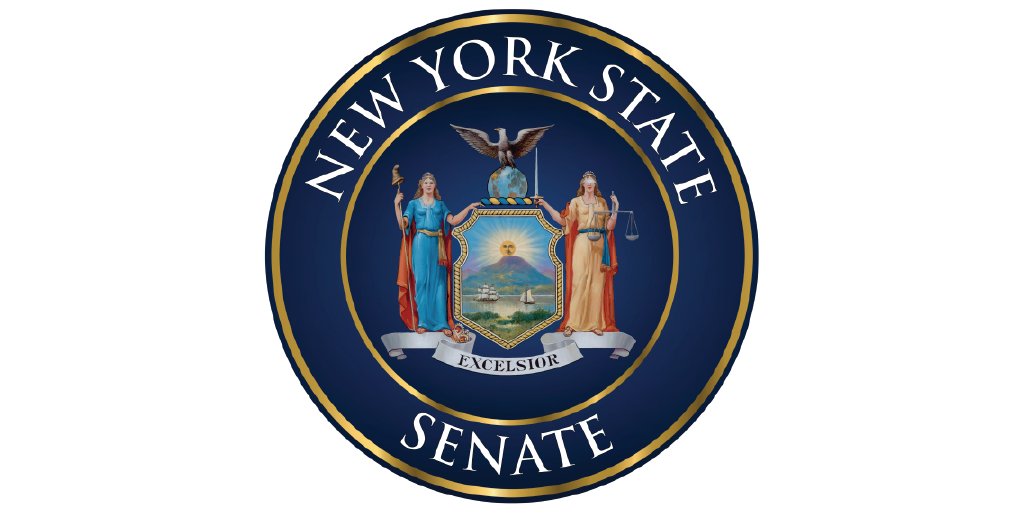
New York State Senator Pete Harckham and members of the State Senate passed a comprehensive bill that enacts a four-month foreclosure and eviction moratorium for New Yorker renters, homeowners and small landlords facing financial hardships due to the Covid-19 pandemic. The bill also automatically renews annual property tax exemption benefits for eligible senior citizens or disabled homeowners, circumventing the requirement that they file in person for the benefit, a hazard to many during the pandemic.
The sweeping protections for homeowners and renters, all included in the Covid-19 Emergency Eviction and Foreclosure Prevention Act, were passed during a Special Session of the State Senate.
“Ensuring that our friends and neighbors can remain in their homes during this extensive and unforeseen economic downturn was a necessary action,” said Harckham. “Allowing people to be put out into the streets during a pandemic is inhumane and will exacerbate the public health crisis.”
The new law does not absolve renters, homeowners and small landlords of their housing-related financial obligations—it simply provides them with a four-month hiatus from these obligations, which should be enough time, hopefully, for subsequent federal relief and other assistance programs to be enacted.
The newly passed Covid-19 Emergency Eviction and Foreclosure Prevention Act (S.9114 / A.11181) will:
Protect Against Foreclosure and Tax Lien Sales for Residential Property Owners
This bill provides protections against foreclosure and tax lien sales to any residential property owner that owns ten or fewer dwelling units, including their own primary residence. Property owners will be able to access foreclosure and tax lien sale protection by filing a Standardized Hardship Declaration Form with their mortgage lender, local assessor or to court. The owner will declare, under penalty of perjury, a financial hardship that prevents them from paying their mortgage or property taxes because of lost income, including reduction in rent collections; increased expenses; or the inability to obtain meaningful employment.
Prevent Evictions
The Standardized Hardship Declaration Form can also be submitted by tenants to their landlord or court to prevent or halt an eviction if they have a financial hardship related to, or during Covid-19 that prevents them from being able to pay their rent in full or move; or if someone in the household is at increased risk of severe illness from COVID. Once a tenant has signed this form, they may return it to their landlord or to a court to prevent a landlord from filing an eviction or suspend an eviction proceeding already underway until May 1, 2021, in addition to other protections.
Local governments will be required now to automatically renew the annual requirement that eligible recipients recertify their Senior Citizens’ Homeowner Extension (SCHE) and Disabled Homeowner Exemption (DHE) benefits for 2021. Normally, eligible recipients need to file renewal applications, sometimes in person at the assessor’s office. (Earlier, Governor Cuomo had issued an Executive Order permitting local governments to automatically renew these exemptions at local option.) The exemptions will automatically be renewed now and exemption increases will be allowed if the homeowner is entitled to one.
Prohibit Negative Credit Reporting and Discrimination in Extending Credit
Property owners will be protected from credit discrimination if the owner has fallen behind on mortgage payments on the property at which they reside or because they have received a stay of mortgage foreclosure, tax foreclosure, or tax lien sales on the property. Homeowners will use the same Hardship Declaration to avoid credit discrimination based on their mortgage arrears on the property at which such owner resides. The legislation limits these new negative credit protections only to single home residences, co-ops, owner-occupied multifamily primary residences with one to nine rental units.
A video of Harckham on the Senate floor speaking in favor of the new homeowner and renter protection bill can be seen here.